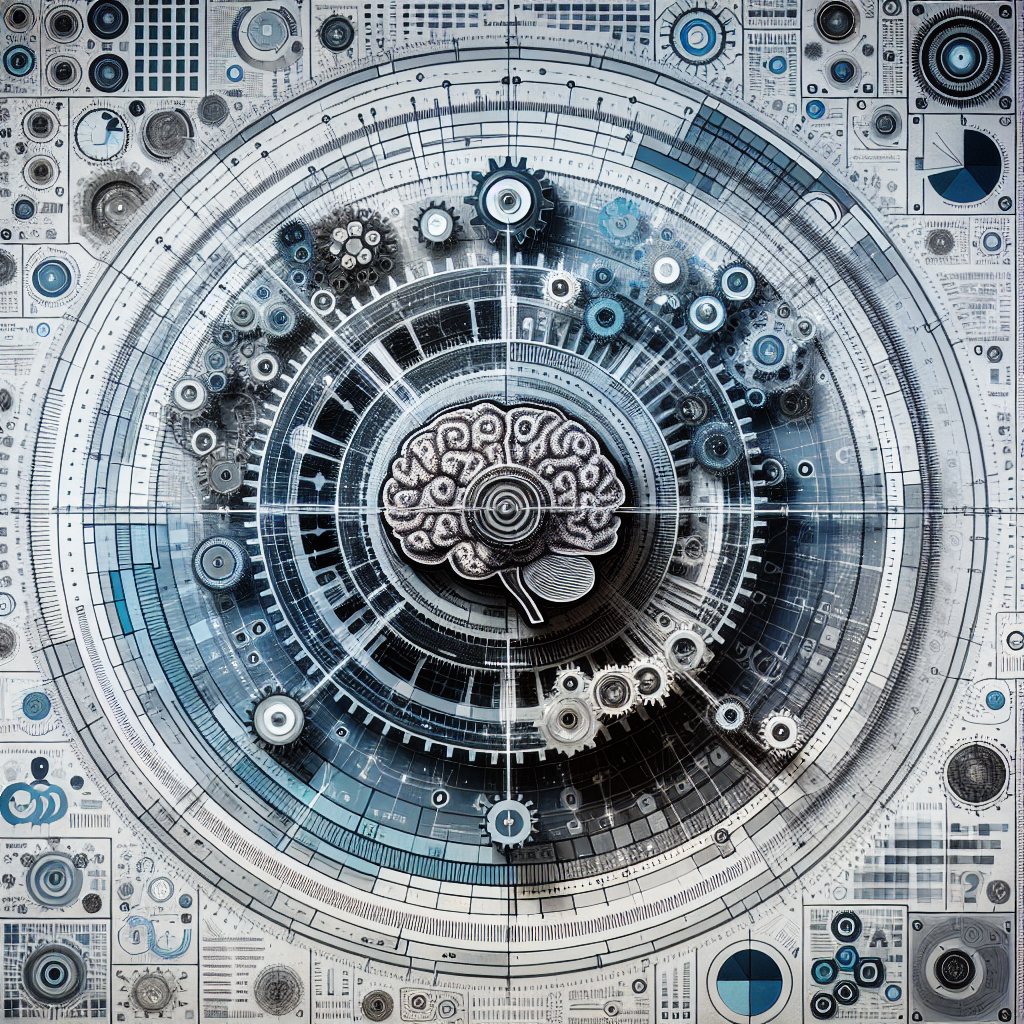Artificial Intelligence (AI) has revolutionized various industries and project management is no exception. AI technologies are being increasingly used to improve project performance analysis, enabling project managers to make better decisions and achieve successful project outcomes. In this article, we will explore the impact of AI on project performance analysis and how it is reshaping the way projects are managed.
1. Improved Data Analysis:
One of the key benefits of AI in project performance analysis is its ability to analyze vast amounts of data quickly and accurately. AI algorithms can process data from various sources, such as project management software, sensors, and other devices, to provide insights that would be difficult for humans to uncover. This allows project managers to have a better understanding of project progress, risks, and opportunities, enabling them to make informed decisions in real-time.
2. Predictive Analytics:
AI technologies can also be used for predictive analytics, which involves forecasting future project outcomes based on historical data and trends. By analyzing past project performance and identifying patterns, AI algorithms can predict potential risks and delays, allowing project managers to take proactive measures to mitigate them. This helps in improving project planning and resource allocation, leading to better project outcomes.
3. Automation:
AI can automate repetitive tasks in project performance analysis, such as data collection, reporting, and performance tracking. This not only saves time and effort but also reduces the risk of human error. By automating routine tasks, project managers can focus on more strategic activities that require human judgment and decision-making, improving overall project efficiency and effectiveness.
4. Real-time Monitoring:
AI technologies enable real-time monitoring of project performance, allowing project managers to track progress and identify issues as they arise. By analyzing real-time data from various sources, such as sensors and IoT devices, AI algorithms can provide instant insights into project status and performance metrics. This enables project managers to make timely decisions and adjustments to ensure project success.
5. Risk Management:
AI can help project managers in identifying and managing project risks more effectively. By analyzing historical data and predicting future outcomes, AI algorithms can assess potential risks and their impact on project performance. This allows project managers to develop risk mitigation strategies and contingency plans to address uncertainties and minimize project disruptions.
6. Resource Optimization:
AI technologies can optimize resource allocation in projects by analyzing data on resource usage, availability, and performance. By identifying resource bottlenecks and inefficiencies, AI algorithms can suggest optimal resource allocation strategies to maximize project productivity and minimize costs. This helps in improving project performance and achieving project goals within budget and timeline constraints.
7. Enhanced Decision-making:
AI technologies provide project managers with valuable insights and recommendations for decision-making. By analyzing complex data sets and identifying patterns, AI algorithms can assist project managers in making informed decisions that are based on data-driven insights rather than intuition. This leads to better project outcomes and increased project success rates.
8. Continuous Improvement:
AI enables continuous improvement in project performance analysis by learning from past project data and outcomes. By analyzing historical performance data and identifying trends, AI algorithms can provide recommendations for process improvements and best practices. This helps project managers in optimizing project performance and achieving better results in future projects.
FAQs:
Q: How can AI help in project risk management?
A: AI can help in project risk management by analyzing historical data, predicting future outcomes, and identifying potential risks and their impact on project performance. This enables project managers to develop risk mitigation strategies and contingency plans to address uncertainties and minimize project disruptions.
Q: Can AI automate project performance analysis?
A: Yes, AI can automate repetitive tasks in project performance analysis, such as data collection, reporting, and performance tracking. By automating routine tasks, project managers can save time and effort, reduce the risk of human error, and focus on more strategic activities that require human judgment and decision-making.
Q: How can AI optimize resource allocation in projects?
A: AI can optimize resource allocation in projects by analyzing data on resource usage, availability, and performance. By identifying resource bottlenecks and inefficiencies, AI algorithms can suggest optimal resource allocation strategies to maximize project productivity and minimize costs. This helps in improving project performance and achieving project goals within budget and timeline constraints.
In conclusion, AI is transforming project performance analysis by enabling project managers to analyze data more effectively, predict project outcomes, automate routine tasks, monitor project progress in real-time, manage risks, optimize resource allocation, enhance decision-making, and continuously improve project performance. As AI technologies continue to evolve, they will play an increasingly important role in project management, helping organizations achieve successful project outcomes and drive business growth.

